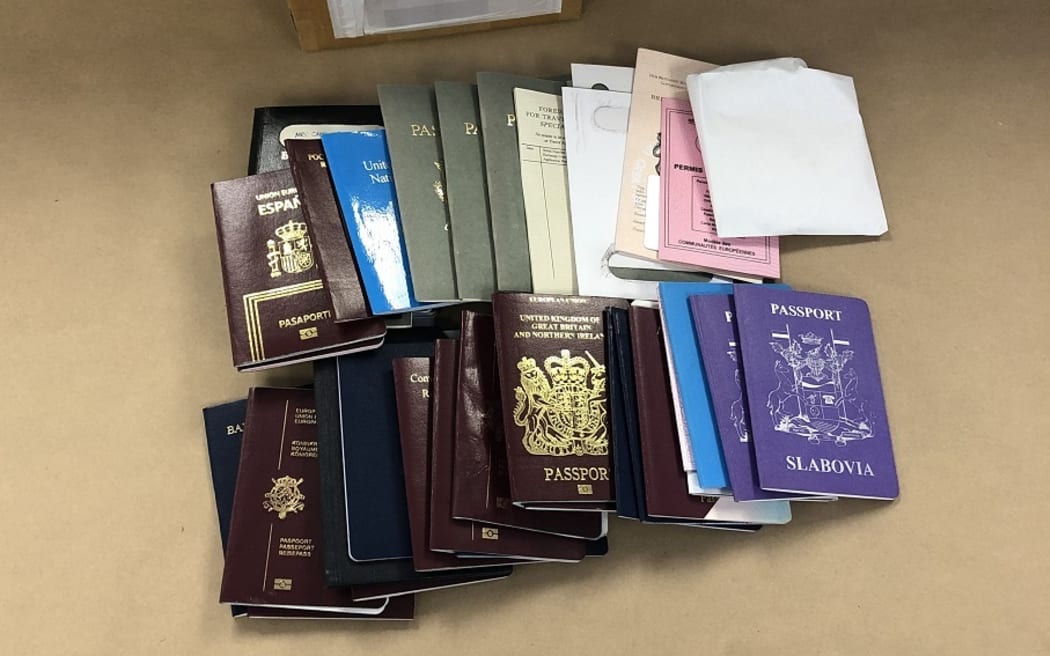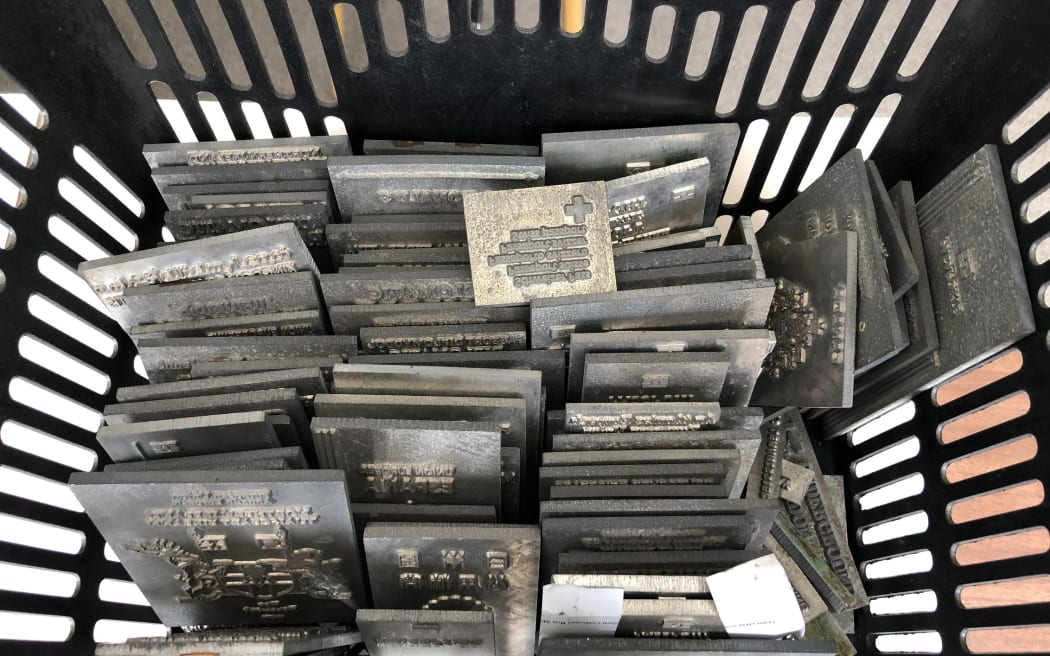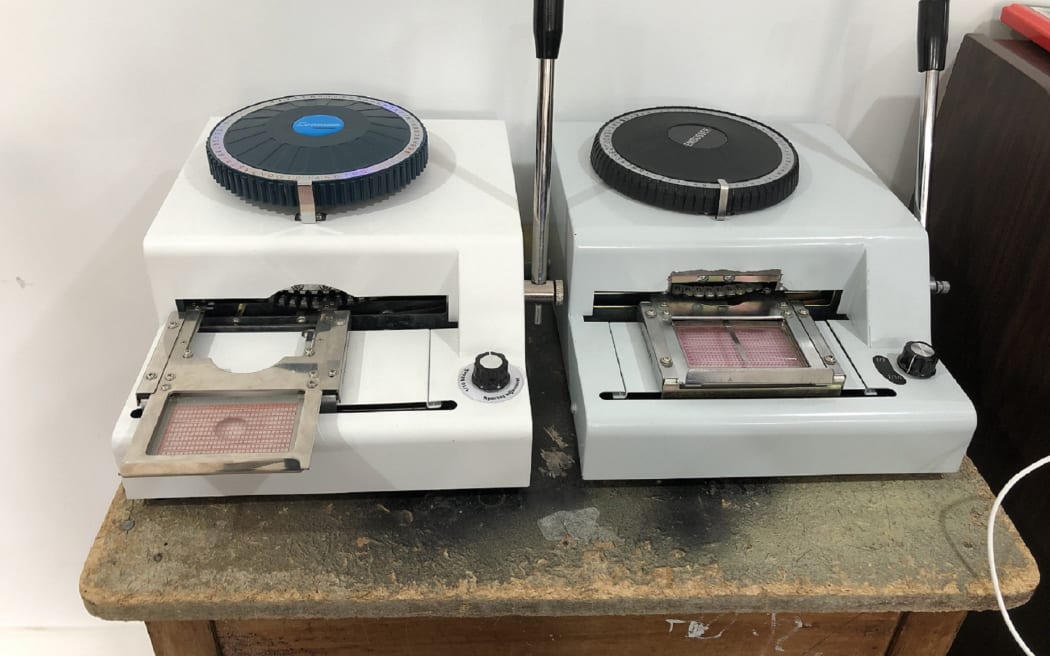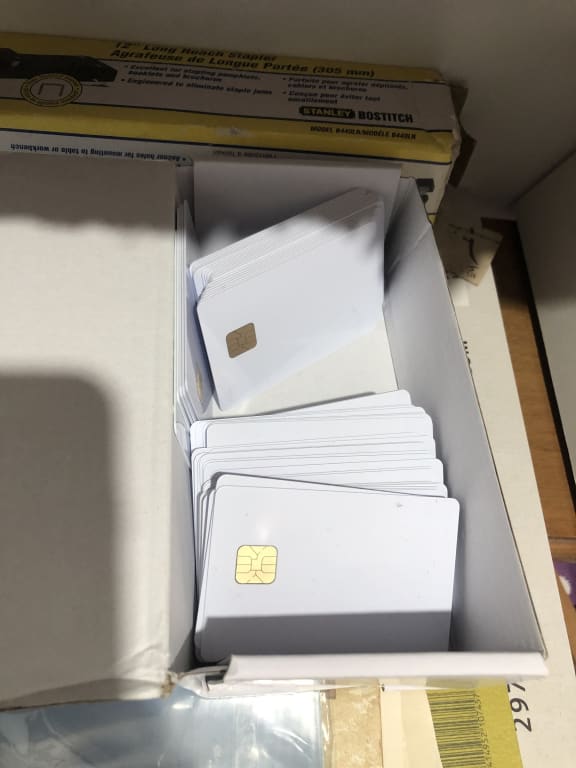Counterfeit passports, driver licences made in NZ used by international criminals


A high-quality counterfeit ring operating out of a house in Whanganui that put fake identity papers, including United Nations diplomatic passports, into the hands of international criminals, has been busted.
The fake passports, driver's licences, government official ID cards, as well as United Nations identification cards and diplomatic passports were detected at overseas borders sparking an investigation by Customs.
The made-to-order online props business, which had created documents for Hollywood Blockbuster movies, supplied buyers from across the globe including the United States, Canada, the United Kingdom, Japan, and Australia.
But on Thursday at Whanganui District Court, three people faced sentencing for their part in the sophisticated forgery ring.
Magnoli Props director Anthony Joseph John Magnoli was sentenced to three months' community detention and a $10,000 fine.
His two staff, son-in-law Kolbe Hungerford-Morgan, 38, was sentenced to two months of community detention and a $10,000 fine, and Magnoli's daughter Xenia Hungerford-Morgan, 22, was discharged without conviction for her minor administrative role.
The defendants each faced two representative charges of knowingly exporting goods for dishonest purposes under the Customs and Excise Act 2018, and two charges of unauthorised use of the name and emblem of the United Nations under the Flags, Emblems and Name Protection Act 1981.

The charges resulted from a Customs investigation, codenamed Operation Eldorado, which began in November 2019 in response to information received from overseas enforcement agencies, including the United States' Department of Homeland Security, about false identity documents being sold and exported from New Zealand.
Customs' investigations identified the illegal activity was being carried out by Magnoli Props and executed a search warrant at the business, which operated from Magnoli's home.
Magnoli Props lists films including 2018′s Mission: Impossible - Fallout, Fantasy Island, A War Story and Adrift along with television series The Americans and New Zealand's own Shortland Street as credits on its website.
From its base in the suburb of Gonville, it markets custom-made, hand-finished products, including custom identity documents such as passports, driver's licences, and birth certificates, to a global audience via its website.
Investigators seized a wide range of equipment, tools, and material needed for manufacturing false identity documents, along with partially finished and fully finished identity documents ready for export.
A review of business records revealed numerous customers' orders which often requested multiple passports made in different nationalities but under one person's name.
Crown prosecutor Chris Wilkinson-Smith described the offending as significant for two reasons - what the fake documents could be used for and the potential damage to New Zealand's reputation as a trusted global citizen.
Wilkinson-Smith opposed the trio being granted a discharge without conviction.

Defence lawyer Jamie Waugh said the defendants, who were supported in court by members of their church, had all lived admirable and pro-social lives.
Waugh said the trio were naive about the fraudulent uses the documents could be used for but they had learned quickly during the past few years.
"Kolbe still couldn't understand the type of people who would use these documents for nefarious purposes," he told the court.
Waugh sought a discharge without conviction for each, claiming the consequences would be out of all proportion to their offending.
Judge Lance Rowe detailed how the company, founded by Magnoli in 2005, manufactured hundreds of identity documents but the majority had replica disclaimers and invalid expiry dates in order to prevent them from being used for fraudulent or dishonest purposes.
However, from time to time, customers of Magnoli Props requested identity documents with valid expiry dates, and for replica disclaimers to be removed, he said.
Customers also requested additional features, such as legitimate passport barcodes, so identity documents would closely resemble the real thing.
He said the defendants knowingly, or being wilfully blind to the risk, processed the requests before they were exported overseas.

When identification documents discovered by United States Customs were returned to Magnoli Props with holes punched through them, the company ceased direct exports, Judge Rowe said.
However, it failed to deter the trio who attempted to avoid further detection, by using secondary delivery practices and stealth shipping.
Judge Rowe said some of the documents had been discovered in the hands of criminals including a man convicted of sexual assault and battery wanted by Interpol, another who had been jailed for identity theft, and someone suspected of importing methamphetamine.
What part the documents played in the offending was not known, he said and while acknowledging he didn't believe the defendants were aware of the uses, it did have the potential to affect New Zealand's reputation.
"What it does establish is that the documents produced by your company were falling into the wrong hands.
"New Zealand must act or show itself to act as a good global citizen."
The trio were all involved with their church and pro-social activities including charities and tended to think the best of people which perhaps clouded their judgment, he said.
Judge Rowe also acknowledged their remorse was genuine and in hindsight, they didn't appreciate how the documents could be used.
Chief Customs officer of fraud and prohibition, Nigel Barnes, noted the identity documents manufactured and exported were of extremely high quality.
"Overseas law enforcement found a number of the false documents at their borders, or in the hands of criminals using them for illegal activities including loan fraud," Barnes said.
"Customs and our international partners take this sort of criminal offending very seriously because of the ways such fake documents can be used for illegal purposes."
Barnes said customs would shut down and prosecute anyone undertaking this type of criminal activity.
- This story was originally appeared in the New Zealand Herald.
Leighton Keith joined NZME as an Open Justice reporter based in Whanganui in 2022. He's been a journalist for 20 years covering a variety of topics and rounds.
